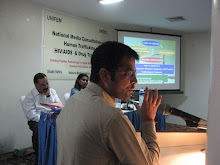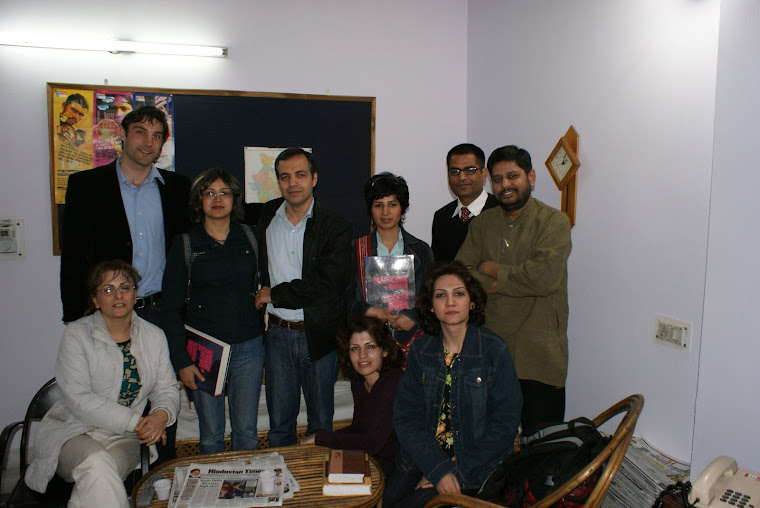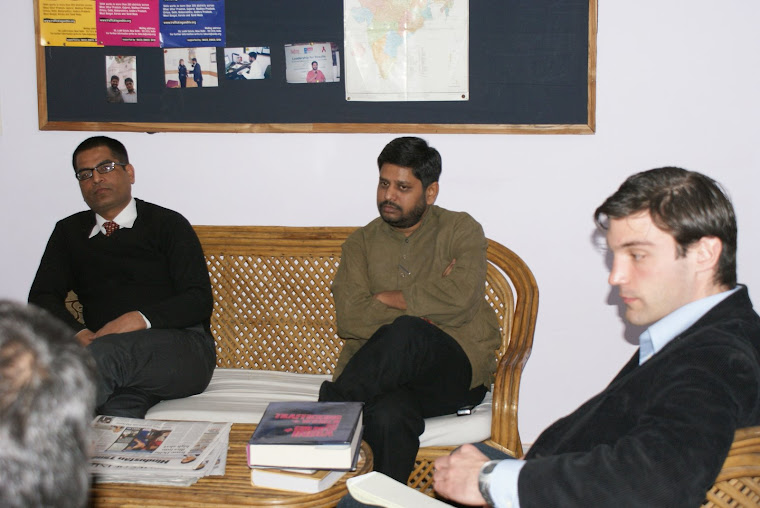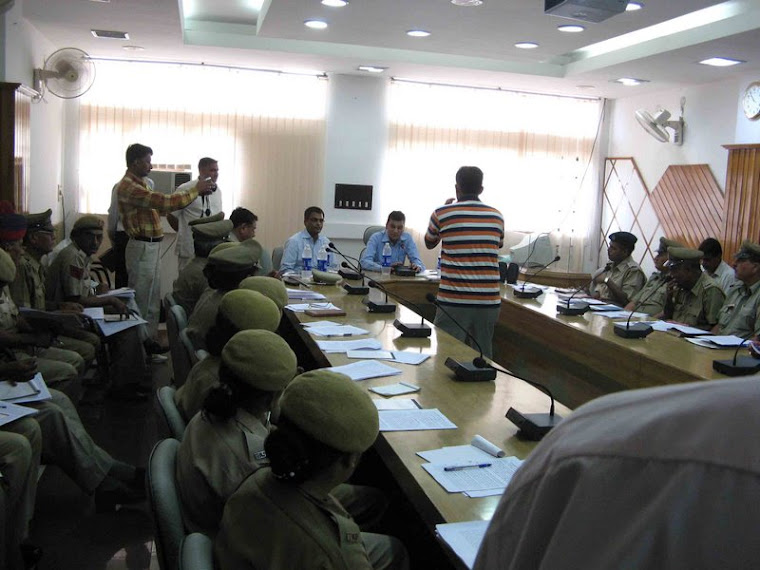Friday, April 15, 2011
Deaf seek level field on disability Mar 19, 2011, 03.52am ISTNEW DELHI: The hearing impaired on Friday moved the Supreme Court seeking parity with the blind and other physically challenged people in government service in promotions and allowance entitlements. A bench comprising Chief Justice S H Kapadia and Justices K S Radhakrishnan and Swatanter Kumar wanted petitioners — "Deaf Employees Welfare Association" and " Railway Employees Association of Deaf and Dumb" — to make a representation to the ministry of social justice and empowerment about their grievance. However, solicitor general Gopal Subramaniam, taking note of the complaint of discrimination by the hearing impaired government employees, agreed to entrust the concerned department to examine the issues raised by the petitioner through advocate Kamal Kumar Pandey. The bench asked the two associations to give the SG a copy of their petition and wanted the ministry concerned to report back to the court with its stand in four weeks. Quoting Article 41 of the Constitution obliging governments to provide effective mechanism and public assistance to disabled people, the petitioners said prior to 1995, there was no specific legislation to address the rights and needs of the disabled people. The governments confined their efforts to providing medical rehabilitation and removal of the stigma limited to visible disabilities like blindness, orthopaedically handicapped and leprosy, they said. However, the concept of disability and the social attitude towards it has undergone a radical change since India signed the "Proclamation for Disabled, Full Participation and Equality for Asia and Pacific Region" in 1992. The Centre framed a national policy for disabled in 1993, which was revised in 2005, and provided 3% reservation to blind, hearing impaired and locomotory disabled people in government jobs. However, the approach of the central and state governments underwent very little change and they have been discriminating against the the deaf employees by not providing them travelling allowance, on-job training and promotions on a par with the blind and orthopaedically handicapped.
Subscribe to:
Post Comments (Atom)














































No comments:
Post a Comment